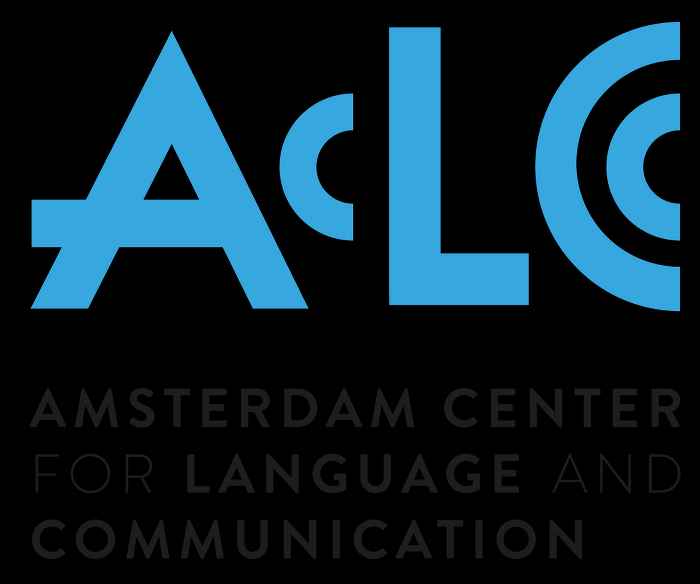ACLC Seminar | Ileana Grama and Jeannette Schaeffer
- Date
- 5 October 2023
- Time
- 13:00 -14:00
- Location
- P.C. Hoofthuis
- Room
- 5.25
The Roads to Learning are (Neuro)Diverse: A Sensitive Method to Study Statistical Learning in Autism.
Autistic communities define autism not as a spectrum but in fact as an intersection of multiple spectra, with autistic individuals varying widely in terms of their sensory experiences, cognitive and language profiles, etc. Linguistically, autistic children and adults can range from minimally verbal or language-delayed to neurotypical-like language profiles (with divergences restricted only to specific areas of pragmatics). Nevertheless, when examining the learning mechanisms that are hypothesized to subserve language acquisition (and to break down in language impairment, i.e. statistical learning) earlier literature has sometimes neglected to address the diversity of the neurodiverse, or to go beyond simply looking for a deficit.
In this talk we present our application of a more sensitive method to assess statistical learning abilities in autism. We show that if the methodology is sensitive to a range of learning abilities simultaneously (from simple sequential learning to complex hierarchical computations), if it allows us to identify individual differences between participants, and to track not only learning outcomes but also learning trajectories, then we can gain a deeper understanding of the relationship between learning and language in autism.
About the ACLC seminar series
The ACLC seminar series is a weekly lecture series organized by the ACLC, the Amsterdam Center for Language and Communication.
